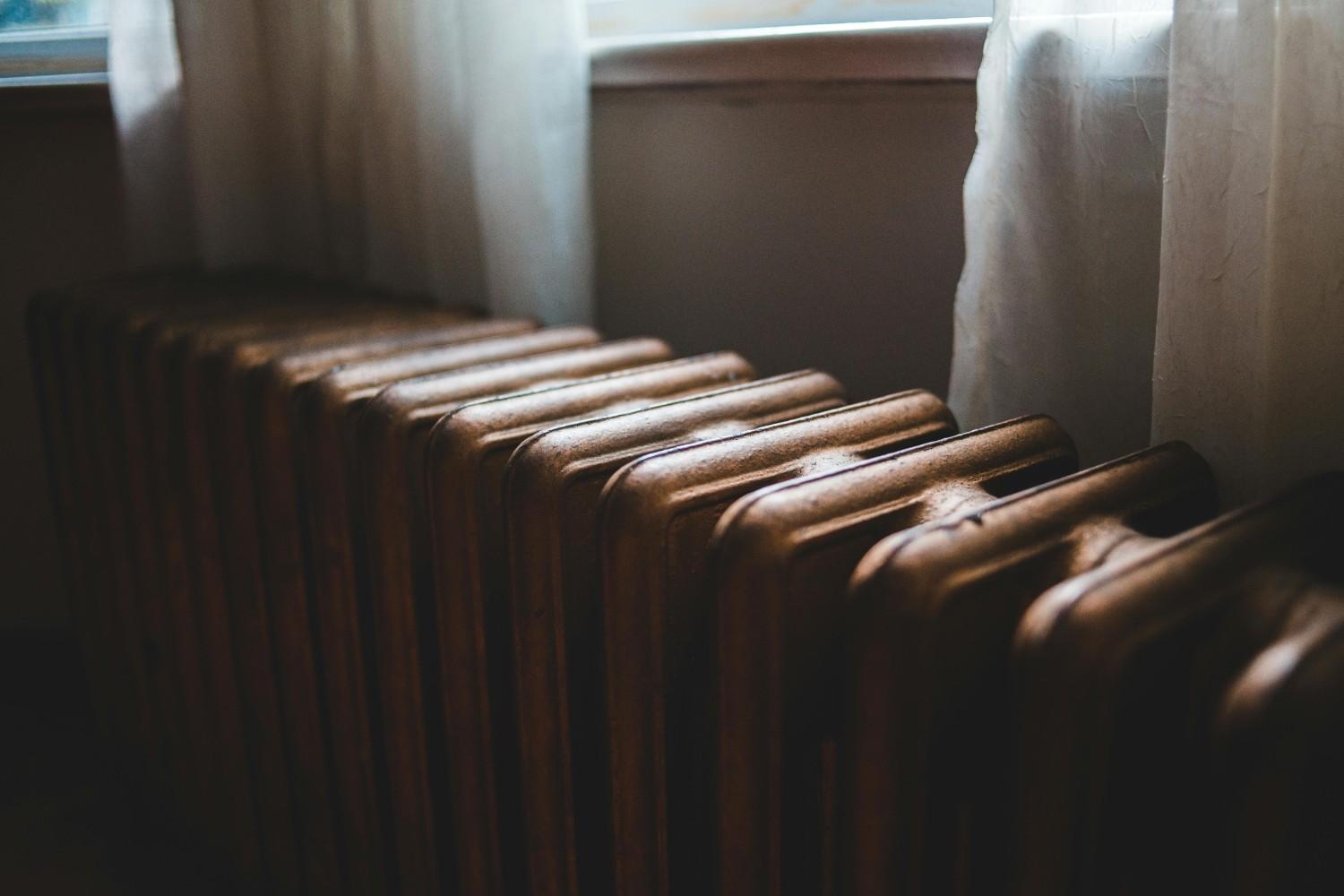Last updated on January 15th, 2024 at 10:20 am
When our boilers are running smoothly, it’s easy to take them for granted. But the moment they fail, it becomes clear just how crucial they are to our comfort and daily routines. Boiler failure can be both inconvenient and costly, leaving us in the cold and searching for solutions.
Understanding what leads to boiler breakdowns is key to preventing them. Warmable is here to highlight the common culprits behind these failures and provide you with actionable tips on how to respond swiftly and effectively. Whether it’s due to neglected maintenance or unforeseen malfunctions, we’ve got the insights you need to keep your boiler in tip-top shape.
What Are The Common Causes of Boiler Failure?
Boilers are complex systems, and their smooth operation is essential to our comfort and productivity. Understanding the root causes of boiler failure is a crucial step in prevention and response. Regular maintenance can ward off many issues, but let’s dive into the specifics:
- Limescale and Sludge Build-up: Hard water causes limescale, which can impede water flow and heat transfer. Sludge, on the other hand, results from rust and debris accumulation. These can lead to overheating and inefficient boiler operation.
- Corrosion: A common enemy of boilers, corrosion weakens metal components over time, often resulting in leaks. The best defence against corrosion is ensuring the correct balance of water chemicals and frequent checks.
- Faulty Thermostat: If the thermostat fails, it won’t signal the boiler to fire up or shut down at the appropriate times, risking both efficiency and functionality.
- Low Water Pressure: Boilers need optimal water pressure to operate smoothly. Low pressure can indicate leaks or a failing expansion vessel and should be addressed promptly.
- Pilot Light Issues: For gas boilers, a faulty pilot light can be due to a broken thermocouple or build-up on the light itself. Without a functioning pilot light, the boiler won’t start.
| Cause | Effect |
|---|---|
| Limescale and Sludge | Overheating, inefficient operation |
| Corrosion | Leaks, weakened components |
| Faulty Thermostat | Poor efficiency, non-responsive boiler |
| Low Water Pressure | Leaks, failing expansion vessel |
| Pilot Light Issues | Non-starting boiler |
To keep our boilers running without a hitch, it’s imperative we keep an eye on these common pitfalls and tackle them before they lead to a full-scale breakdown. Further on, we’ll explore how exactly to respond to such boiler issues swiftly and efficiently.
Don’t Neglect Boiler Maintenance
Regular maintenance is the lifeblood of a boiler’s health, yet it’s often overlooked. Neglect can lead to boiler malfunctions that may necessitate costly boiler repairs or even replacements.
Annual boiler servicing by a certified engineer is essential. During a service, important components are inspected, cleaned and repaired if necessary, ensuring efficient operation. Without these check-ups, limescale and sludge can silently accumulate, gradually degrading your boiler’s performance.
A typical sign of infrequent maintenance is unusual noise, such as banging or whistling sounds, indicating an issue with the water flow caused by limescale or air trapped in the system. Moreover, if the system hasn’t been correctly bled, radiators may not heat up properly, leaving you with cold spots and an inconsistent heating experience.
Here are the steps we recommend to prevent neglected maintenance disasters:
- Schedule yearly check-ups with a qualified technician.
- Monitor boiler pressure and water levels regularly.
- Bleed radiators to eliminate air pockets.
By taking proactive measures, we can significantly reduce the risk of boiler failure. It’s about creating a routine that safeguards the longevity and efficiency of our heating systems. Remember, the cost of regular maintenance pales in comparison to the expense of an emergency repair or full boiler replacement.
How Do I Know If My Boiler Needs Repairing?
Awareness of early warning signs is key to preventing total boiler failure. Unusual noises from the boiler, such as banging, whistling, or gurgling, indicate that there’s trouble brewing. These sounds can signal anything from air in the system to imminent pump failure.
Another clear indication is when your radiators take longer to heat up than usual. This symptom suggests circulation issues possibly due to sludge or limescale build-up. Noticeable cold spots on radiators are often a sign of this as well.
We should not overlook the importance of frequent resetting. If you’re finding yourself having to reset or reignite your boiler more often than before, it’s likely pointing to underlying issues that need immediate attention.
Visible leaks around the boiler are a definitive red flag. Water leaking from your boiler can be a symptom of a range of issues, including pressure problems or even a crack in the boiler’s body.
Monitoring your boiler’s pressure gauge is essential. Should the needle frequently fall below the standard operating range, it’s a sign that your boiler could be experiencing water loss or a malfunction within the pressure release valve.
By staying vigilant to these signals, we can catch and address boiler problems early, saving us from the inconvenience and costs associated with a full boiler breakdown. Our next steps include calling in professionals who specialise in diagnosing and repairing boiler issues before they escalate.
How Should I Respond to Boiler Failure?
When faced with boiler failure, prompt action is vital to minimise disruption and potential damage. Upon noticing boiler failure symptoms, the first step is to check the manufacturer’s guidelines. These manuals often contain troubleshooting tips and can guide us through simple fixes that might not require professional intervention.
If the issue isn’t resolved, the next move is to shut down the system. This prevents further damage and is an essential safety measure; remember, working with boilers can be dangerous and it’s important to put our safety first.
Once the system is safely shut off, it’s time to call in a certified engineer. They can perform a detailed inspection and carry out repairs. It’s always best to rely on certified professionals as they have the expertise and tools to diagnose and fix boiler problems effectively.
In some cases, the problem may be due to a power cut or tripped fuse. We should check the electric supply and reset any tripped switches in the consumer unit. For issues like low water pressure, it’s possible to re-pressurise the boiler ourselves, following the manufacturer’s instructions carefully.
In the meantime, while waiting for a fix, it’s important for us to keep warm and maintain the flow of water to prevent freezing, particularly in cold weather. Keeping alternative heating sources ready and ensuring that our pipes are well insulated can help tide us over until the boiler is back in action.
Conclusion
It’s clear that routine maintenance and vigilance are our best defences against unexpected breakdowns. By staying alert to the warning signs and ensuring our boilers receive regular professional check-ups, you can ward off the inconvenience and cost of boiler malfunctions. Should you encounter an issue, it’s crucial to act swiftly and follow the recommended guidelines to safeguard your homes from further damage. Remember, when in doubt, it’s always safer to rely on the expertise of a certified engineer.
Frequently Asked Questions About Boiler Failure
What Are The Common Causes of Boiler Failure?
The common causes of boiler failure include limescale and sludge build-up, corrosion, a faulty thermostat, low water pressure, and pilot light issues.
How Can Regular Maintenance Prevent Boiler Breakdowns?
Regular maintenance keeps your boiler in good health by identifying and fixing minor issues before they escalate into major problems, thus preventing breakdowns.
Why Is It Important To Understand Boiler Issues Like Limescale and Corrosion?
Understanding these issues is critical because it allows for the implementation of specific measures to combat them, thereby extending the life of your boiler.
What Steps Can One Take To Prevent Maintenance Negligence For Boilers?
Creating a routine for maintenance checks, clearing any build-up, monitoring water pressure, and seeking professional cleaning services are key steps to preventing maintenance negligence.
What Signs Indicate a Boiler Might Be Failing?
Signs of potential failure include unusual noises, longer heating times, frequent resetting, visible leaks, and abnormal readings on the pressure gauge.
What Should I Do If I Suspect My Boiler Is Failing?
Firstly, refer to the manufacturer’s troubleshooting guidelines. If the issue persists, shut down the system and contact a certified engineer for inspection and repairs. Check your electricity supply for any power cuts or tripped fuses as well.
Can a Power Cut Cause Boiler Failure?
Yes, a power cut or a tripped fuse can cause your boiler to stop functioning. Check your electric supply and reset any tripped switches to resolve this issue.
What Should I Do While Waiting For a Boiler Repair?
Keep warm, prevent pipes from freezing by maintaining a flow of water, and avoid using the boiler until the issue has been professionally assessed and repaired.


